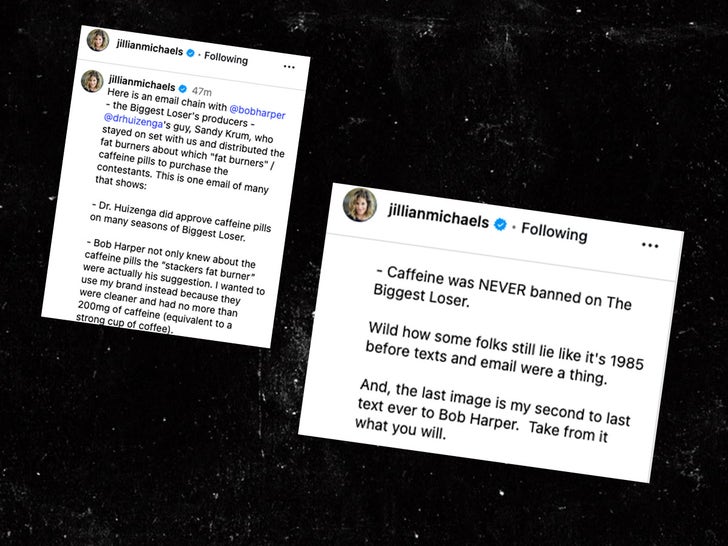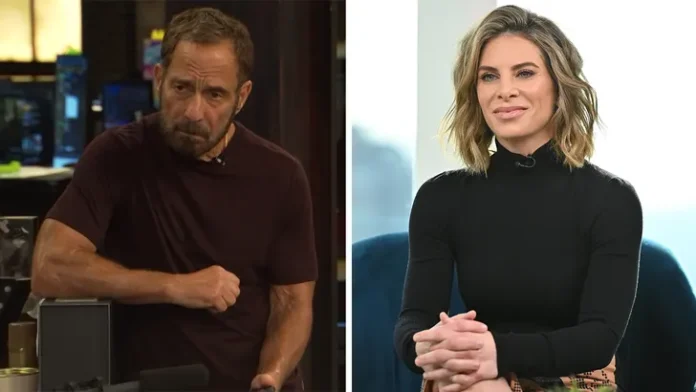David Fioravanti Speaks Out
David Fioravanti, one of the first contestants on “The Biggest Loser,” has stepped forward to defend former trainer Jillian Michaels after a new Netflix documentary made troubling claims about the show. The film suggests that Michaels gave contestants caffeine pills to help with weight loss. Fioravanti insists that while his time with her was not easy, he never saw such pills handed out on his season.
He explained that his relationship with Michaels was tense. He already had some knowledge of exercise and diet before joining the show, so he did not always follow her instructions without questioning them. His willingness to push back led to heated exchanges. Still, he believes that disagreement is different
 from dangerous behavior, and he maintains that the caffeine pill story is not true, at least for the first season.
from dangerous behavior, and he maintains that the caffeine pill story is not true, at least for the first season.
Inside the Training Methods
Fioravanti described Michaels as a strong and demanding coach who sometimes pushed the limits of what contestants were willing to do. He recalled that other players would follow her instructions blindly, but he stood firm when something did not feel right to him.
One unusual tactic he mentioned was the use of Preparation on the skin before weigh-ins. The cream, commonly sold for other medical purposes, was used to help reduce water weight temporarily. According to him, this method was not harmful and was allowed at the time. He emphasized that this was the only unusual strategy he remembered from his season, and it was nothing like the claims of banned substances.
The Netflix Documentary Controversy

The new documentary includes statements from Dr. Robert Huizenga, who worked closely with the show. He argued that Michaels did not follow his guidance on safety. The program also claims she gave contestants caffeine pills, which are considered banned substances under the show’s rules. These allegations have drawn strong reactions, with Michaels herself now considering legal action against Netflix.
She has already gone on record calling the claims false. In her own words, she described the documentary as misleading and damaging. Fioravanti’s defense of her adds weight to her argument, at least when it comes to his experience on the show.
Personal Analysis
Looking at this story, it shows how reality television often creates lasting conflicts between entertainment and health. Contestants go in with hopes of changing their lives, but the demands of television ratings push the trainers and producers to intensify the drama. Michaels has always been known for her tough approach, but tough coaching is not the same as unsafe coaching.
From my view, the Netflix documentary may be focusing more on shock value than accuracy. Reality TV thrives on controversy, and after years off-air, a documentary filled with bold claims is bound to gain attention. However, when former contestants step forward to correct or challenge those claims, it reminds us that not everything in a documentary should be accepted without question.
Conclusion
David Fioravanti’s comments paint a more complex picture of Jillian Michaels. He admits that their relationship was rough and often confrontational, but he makes it clear that he never saw her give out caffeine pills or anything similar during his time on “The Biggest Loser.” With Michaels now preparing possible legal action against Netflix, this debate about health, reality TV, and responsibility is far from over.
Sources: tmz.com

